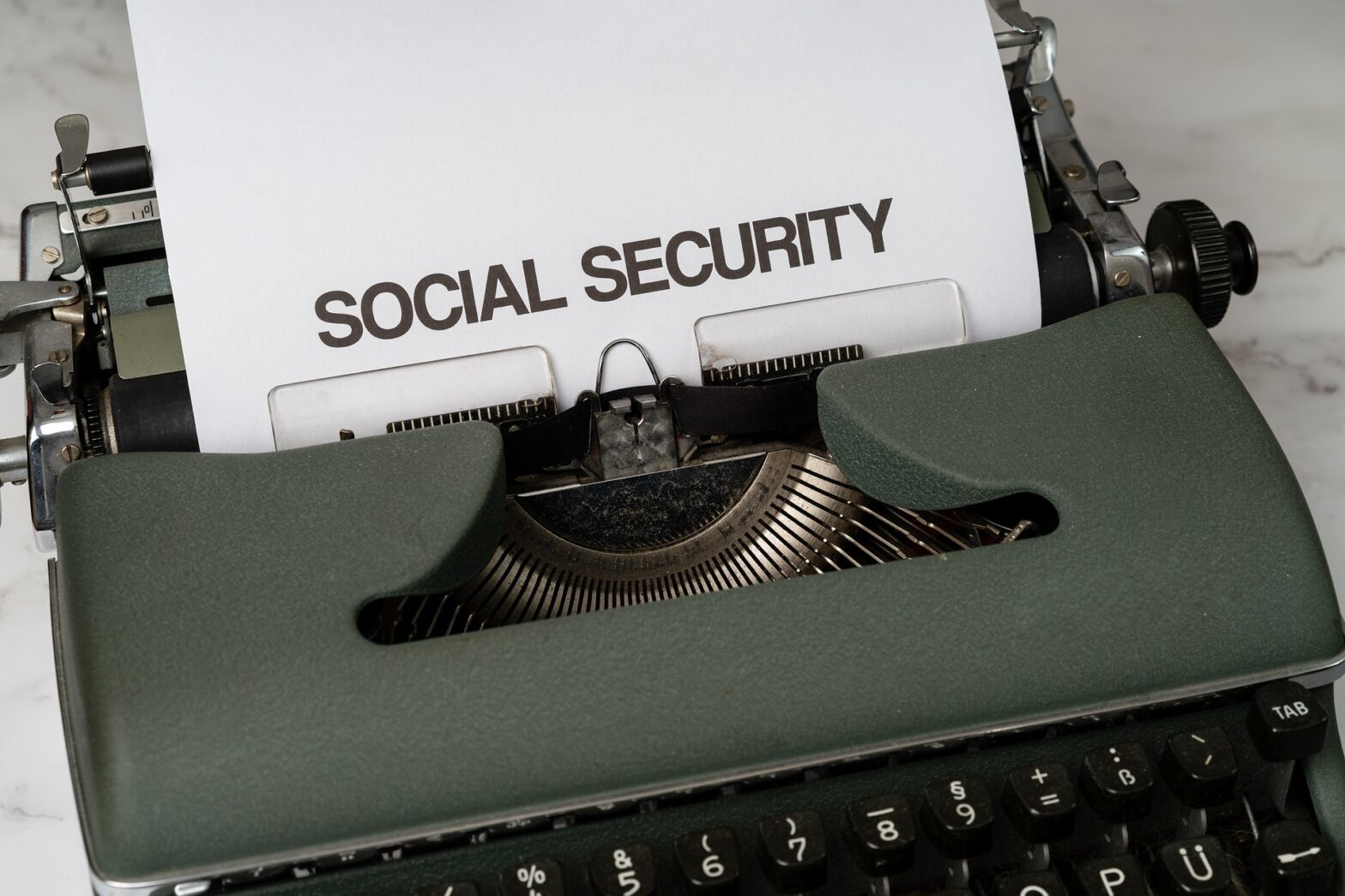Utah bankruptcy is a legal process that allows individuals or businesses to eliminate or repay their debts under the protection of the court. It’s not a decision to be taken lightly, and there are various factors to consider before filing for bankruptcy.
Tag: Chapter 7 bankruptcy
Apartment Rent: Utah Bankruptcy
Filing for bankruptcy can potentially impact your ability to rent an apartment, but it depends on several factors.
Worst Time: Utah Bankruptcy
While there is no one “worst” time to file for bankruptcy that applies to everyone, there are some situations where filing for bankruptcy may not be the best option.
Bankruptcy Judge: Utah Bankruptcy
It’s worth noting that while appearances before a judge are relatively rare in Utah bankruptcy cases, it’s possible that you may need to appear in court.
Mobile Home: Utah Bankruptcy
Whether a mobile home can be saved in a Utah bankruptcy depends on several factors, including the type of bankruptcy you file, the value of the mobile home, and the amount of any outstanding liens on the mobile home.
Bankruptcy and my Social Security
Social Security benefits are considered exempt property under federal law and are protected from creditors in bankruptcy.
10 things everyone looking into bankruptcy should know!
While bankruptcy can be a challenging process, it can also offer a fresh start for individuals or businesses struggling with debt.
$0 Down Bankruptcy – Think Twice Utah.
While the idea of a “$0 down” bankruptcy may seem appealing, there are several potential drawbacks to be aware of.
Involuntary Bankruptcy: Utah Bankruptcy
Involuntary bankruptcies are relatively rare in Utah and are typically only used in situations where creditors believe that the debtor is purposely avoiding their obligations or engaging in fraudulent behavior.
Religion, Morals, Death and Bankruptcy: Utah Bankruptcy
It’s important to keep in mind that religious leaders are not financial advisors or legal professionals, so they may not be able to offer specific advice related to bankruptcy. If you have questions or concerns about your bankruptcy filing, it’s important to speak with a qualified bankruptcy attorney or financial counselor.









